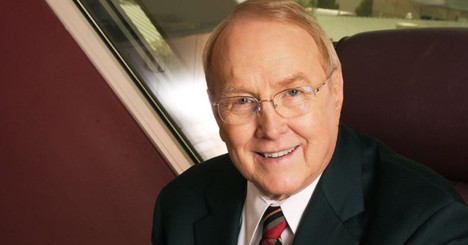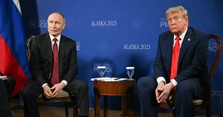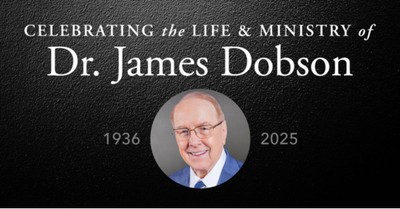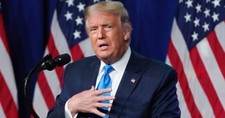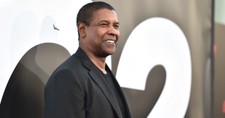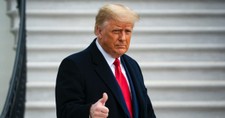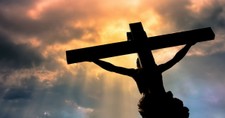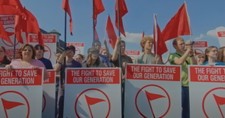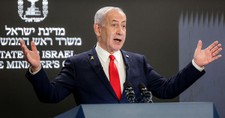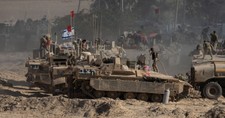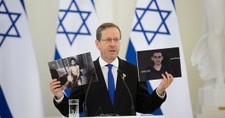
Trending Articles
Recent News
How Trump's Heaven Comment Misses What the Bible Says about Salvation Christian Judge, Frank Caprio, Dies One Day after Requesting Prayer NBA Veteran Jonathan Isaac Donates Scripture-Laced Sneakers to Bible Museum 10 Christian Leaders Reflect on James Dobson’s Impact on Families and the Church Russia Hits American Factory in Ukraine as Trump Hardens Tone Toward Putin Why Ray Comfort Says the ‘Sinner’s Prayer’ Misses True Evangelism Sight & Sound’s Popular ‘Noah’ Sailing into Theaters for 30th Anniversary Focus on the Family Founder Dr. James Dobson Passes Away at 89 Gen Z Is Sparking a Revival across America and ‘It’s Spreading’
Trending Articles
Recent News
How Trump's Heaven Comment Misses What the Bible Says about Salvation Christian Judge, Frank Caprio, Dies One Day after Requesting Prayer NBA Veteran Jonathan Isaac Donates Scripture-Laced Sneakers to Bible Museum 10 Christian Leaders Reflect on James Dobson’s Impact on Families and the Church Russia Hits American Factory in Ukraine as Trump Hardens Tone Toward Putin Why Ray Comfort Says the ‘Sinner’s Prayer’ Misses True Evangelism Sight & Sound’s Popular ‘Noah’ Sailing into Theaters for 30th Anniversary Focus on the Family Founder Dr. James Dobson Passes Away at 89
Positive Stories
Celebrity
Video
Opinion
Church
Entertainment
Sports
Movies
Politics
Israel
Christian News Headlines - Breaking and Trending Religion News
Crosswalk Headlines - Christian news brought to you by a group of Christian writers and editors who are dedicated to creating a well-rounded look at what’s happening across the globe from a Christian worldview. Our vision is to inform and inspire productive discussion about the current events and online trends that shape our lives, our churches and our world.Crosswalk Headlines includes blog posts about current events and Christian media, breaking news, feature articles, and guest commentaries, many written by respected Christian thinkers.
